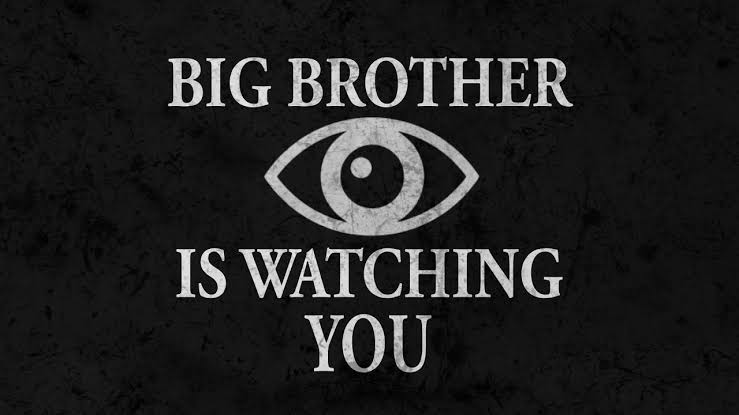Opinion
Of all countries, Germany ought to know better than most just how important freedom of speech is, and how dangerous government spying and censorship regimes really are.
After all, it wasn’t so long ago that half the country was under the iron rod of the Stasi surveillance state. It’s estimated that one in six East Germans were Stasi informers. Decades earlier, the Weimar Republic’s “hate speech” laws did nothing to stop the rise of the Nazis, and ultimately, unwittingly, helped their rise to power.
But the Germans, it seems, have learned nothing from their past mistakes.
The head of Germany’s domestic spy agency, Thomas Haldenwang, has penned an op-ed for a German newspaper and provided some insight into the way he understands freedom of expression, and more importantly, its limits.
Haldenwang, who is at the helm of the Federal Office for the Protection of the Constitution (BfV), defended in the article published by the Frankfurter Allgemeine Zeitung his policy of keeping watch on citizens, which includes things like “thought and speech patterns.”
Haldenwang is not only targeting opinions that Germany rules illegal, but perfectly legal expressions of opinion. Opinions, he says, Germans can have — but they’re just not allowed to say them.
But, the BfV chief also seems to differentiate between “freedom of opinion” and freedom to actually express that opinion. And while in Germany one can have “offensive, absurd and radical opinions” – freedom of expression “has its limits,” he writes.
“Even within the limits of criminal law, however, expressions of opinion, despite their legality, can become relevant for constitutional protection,” the op-ed goes on.
This sounds all of a piece with South Yorkshire’s Police and Crime Commissioner, Dr Alan Billings, stoutly defending Yorkshire Police calling on the public to report “non-crime hate incidents”. The police tweeted the appeal in the wake of a Muslim woman wearing a hijab running through the streets with a large knife, shouting, “Kill! Kill! Kill!” and stabbing a man. But that didn’t concern the police: what did was what they called “racist” social media comments about Islamic terrorism.
This is the same police, remember, who spent more than a decade deliberately failing to investigate the rape of up to 1,500 young girls by Muslim gangs.
The Yorkshire rozzers seem to be in a race with the Kraut spooks to see who can be the most Orwellian. Haldenwang’s “thought and speech patterns” deserving of surveillance include:
“Permissible criticism and democratic protest escalating and turning into aggressive, systematic delegitimization of state conduct” – and this may or may not include “calls for violence.” There’s also violation of “human dignity of members of certain social groups or political actors.”
Reclaim the Net
But when it comes to Orwellian thought control, few places hold a candle to the home of the PATRIOT Act and PRISM.
US federal law enforcement and courts have gone a step further in the extreme efforts they are making to surveil people’s activities online, including on Google’s vast platforms.
The latest is that the tech giant gets orders to identify all people who happen to be watching certain videos or livestreams on YouTube.
After directly censoring creators and channels, giving geolocation data of its users to the authorities in response to the controversial geofencing warrants, this is a new example of how Google can be used and abused in dragnet-style “investigations.”
Unmasking everyone who watched a particular video is similar to geofencing in that it makes everyone a suspect – and this, a number of experts and rights groups believe, is unconstitutional, i.e., in violation of the 4th Amendment, that protects from unreasonable searches.
As if such piffling stuff as the Constitution matters to the new overlords of the Deep State.
Even more sinister is the Star Chamber manner in which such spying is being conducted.
Although Google complied with the demand to keep silent about all this until the records were unsealed last week, according to Forbes, they “do not show whether or not Google provided data in the case.”
And make no mistake, police are demanding what amounts to a search warrant without the least probable cause.
A separate case in New Hampshire concerned a bomb threat in a public place, and people watching a livestream of the police searching the area. The livestream was possible thanks to a camera on nearby business premises.
Next, the police wanted to know exactly who watched it, including on a YouTube channel belonging to Boston and Maine Live, which has 130,000 subscribers.
Again, no word if Google delivered.
Reclaim the Net
Arthur C. Clarke used to joke that Big Brother probably couldn’t be bothered watching you. Now we know that he very much could, and is.

